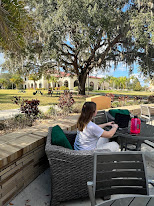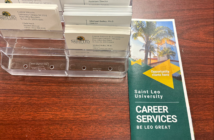By Emily Hernandez Dominguez, Contributing Writer
When November begins, we turn the clock back an hour, making the time with daylight shorter and the nights longer. With the clocks changing, over 10 million Americans experience sadness, sluggishness, and weight fluctuations throughout the winter months. This condition is called seasonal affective disorder (SAD) or, more commonly known, seasonal depression.
Seasonal depression is a disorder many psychologists are familiar with. Matthew Bolton, instructor of psychology for Saint Leo’s College of Arts and Sciences, explains that seasonal depression is a persistent pattern of depressive symptoms based on the season.
“During the fall and winter months, we can see heightened depression linked to a couple of different factors,” Bolton explained. “Depending upon geographical location, the amount of sunlight a person’s getting, and amount of vitamin D.” Lack of vitamin D can impact physical and mental health.
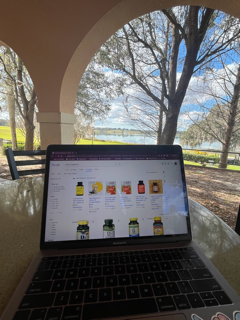
A research partnership between the University of Georgia, the University of Pittsburgh, and the Queensland University of Technology in Australia reported their findings on the relationship between vitamin D and seasonal depression in the Nov. 2014 issue of the journal Medical Hypotheses.
Vitamin D levels fluctuate in the body seasonally, directly related to seasonally available sunlight. Also, vitamin D is involved in synthesizing serotonin and dopamine within the brain, both chemicals linked to depression, according to the researchers.
To tackle these symptoms, Bolton recommends some techniques to help with seasonal depression. Bolton’s first tip is to spend time outside connecting with nature. Fortunately, Saint Leo students can easily find outdoor locations to relax across campus. Watch the sunset at Lake Jovita, do homework on Benedict’s outdoor patio, or eat lunch at the Student Activity Building Loggia.
Bolton’s second tip is to “dose your devices.” Make sure you decrease your screen time, or else it can enhance depressive symptoms. Some ways to spend less time on your phone are setting screen time, not using your phone when you wake up or fall asleep, and turning on “do not disturb.”
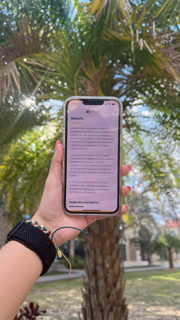
Lastly, supplements or light therapy can be an option to tackle vitamin D deficiency. Bolton says, “studies have explored the use of supplements and light therapy to help those with seasonal depression, and there are some positive effects.” But he emphasizes the importance of consulting a medical professional or therapist when attempting to combat depression.
Whether your gloomy mood lasts a couple of days or months, taking care of yourself is crucial. The effects can become more severe if symptoms are ignored or not dealt with properly. “Seasonal depression is going to get worse, and you’re going to become clinically depressed,” Bolton explains. “The seasonal pattern will become long-term.”
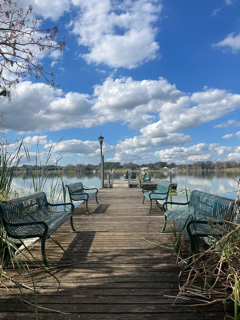
Awareness is the first step. When you notice mood shifts, take the initiative to make positive changes before your mood worsens. Taking notice of triggers and dealing with them can also improve mental health. When you are feeling the winter blues, put your health first, and go outside to enjoy the Florida sun. After all, Florida isn’t nicknamed the sunshine state for no reason.

